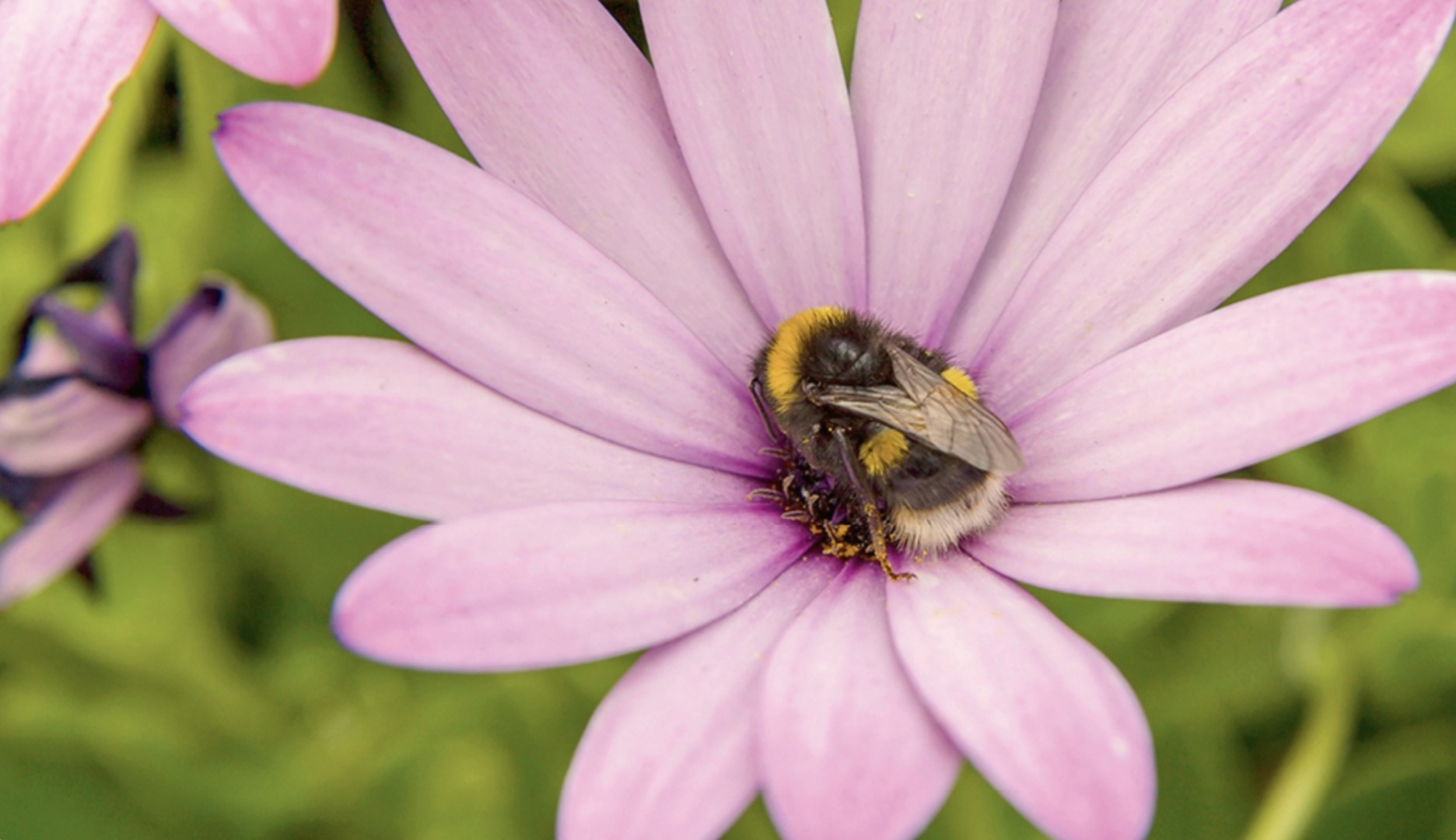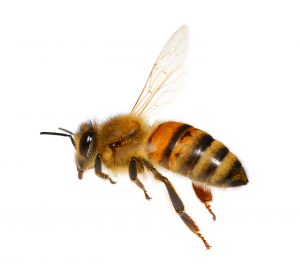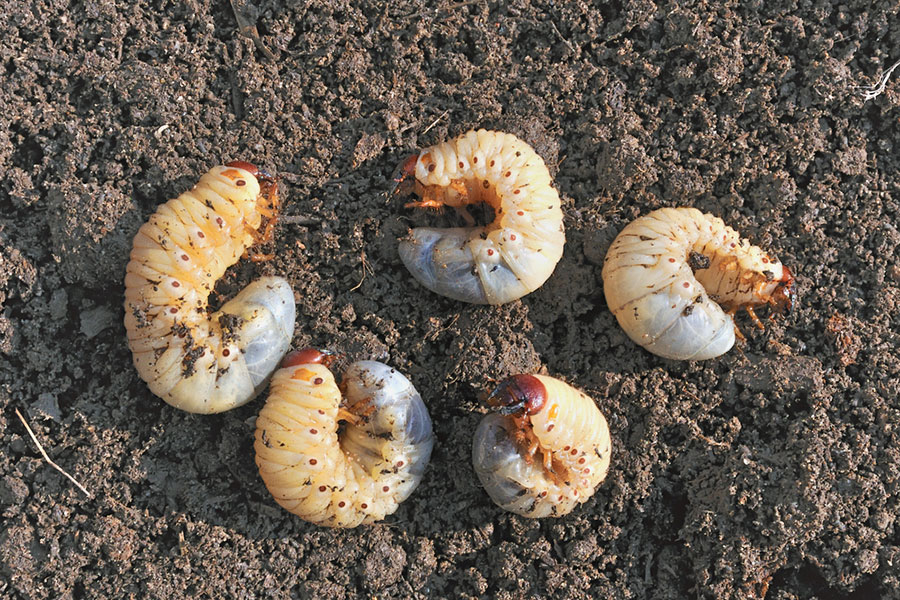Good Guys Bad Guys Bug Guide

29 September 2021
Some bugs are good, some bugs are great! But how do you know what type of bugs are bad for your lawn? We’ve put together a guide on what bugs you should leave in your lawn and what you should look out for.
Good Guys
Bees
Bees are one of the most important insects in our environment due to their ability to pollinate our plants. This allows plants to reproduce becoming a food source for many other animals including us!
These guys won’t cause any damage to your lawn, and if you keep out of their way, they should leave you alone too! Fun Fact, bees will sometimes have a nap in a flower when they become tired from gathering pollen!

Lady Beetles
Lady beetles are a beautiful sight to see and are one of the best insects you can encourage in your garden. Lady beetles will help keep the population of aphids at a manageable level so that they won’t cause damage. Lady beetles will also eat a range of other soft-bodied insects like mealy bugs which can cause damage to your lawn. Before the lady beetles turn into their bright red colours they start life out as larvae. The larvae will then turn into the red beetle we know them as.

Earthworms
Earthworms are pleasant little critters that are excellent for the health of your lawn! They will work beneath the turf aerating your soil and breaking down thatch. If you do happen to have these guys in the soil of your lawn, it means that you have a good amount of organic material and nutrients in your soil. When there is an increased amount of moisture within the soil earthworms will rise to the surface and leave a casting. These are also known as mud balls on top of the soil. These castings can affect the appearance of your lawn, especially if there is a heap of them. However, when these castings are dry you can simply rake them across the lawn.

Praying Mantis
Praying mantises are one of the more intriguing insects that you may find in your garden. Their front legs are held up, similar to a praying position and their legs are designed specifically for catching prey. These guys target flies, crickets, grasshoppers, spiders, aphids, small frogs, lizards, and mice. Praying Mantis’ are the only insects that can turn their heads to the side at a 180-degree angle!

Bad Guys
Army Worm
Armyworm is a pest that can cause great damage to a lawn within a matter of days. They will tend to move in large numbers across lawns, devastating the plant material they leave behind. They will completely scalp the green leaf growth of the grass and will continue this throughout the whole lawn. Armyworms vary from 2mm to 40mm in length (varying depending on how mature they are). They have 3 prominent white or cream stripes running down the back and side of their bodies. If you do notice that your lawn has armyworm, it is important to act fast to prevent further damage throughout your whole lawn. Treatment options for armyworm include Baythroid Advanced Insect killer for lawns, Grub Guard, Richgrow Grub Killa Hose On and Amgrow Lawn Pest Control.

Lawn Grubs
Black beetles on your lawn are a common sight and are a natural part of your garden’s ecosystem. These beetles won’t cause damage to your lawn, but their larvae and grubs in large numbers will. They will cause most of their damage when the temperatures are warmer, from September to march. Their grubs and larvae are treated in similar ways to armyworms. If you see black beetles on your lawn, there is no need to use an insecticide. But if there are larvae on the lawn and there are visible signs of damage it is then best to use an insecticide. We recommend including Baythroid Advanced Insect killer for lawns, Grub Guard, Richgrow Grub Killa Hose On and Amgrow Lawn Pest Control.

Mole Cricket
Mole crickets are common but are rarely seen as they tunnel through the soil, eating at the roots of your lawn. As these insects burrow down in the soil, they can be difficult to treat as an insecticide needs to be washed down into their burrows to make contact with them.

Insecticides
Acelepryn GR is an ideal choice for long term pest control. It provides safe and effective control of damaging causing bugs like armyworms for up to six months while minimising the impact on non-target organisms like bees and earthworms.
As always, if you have any more questions please don’t hesitate to contact us for free expert advice on 1800ALLTURF (1800255873) or 07 5543 8304.
WOULD YOU LIKE MORE INFORMATION ON BUGS?
Contact us for expert advice, or come & say hi at our office in Tamborine!


